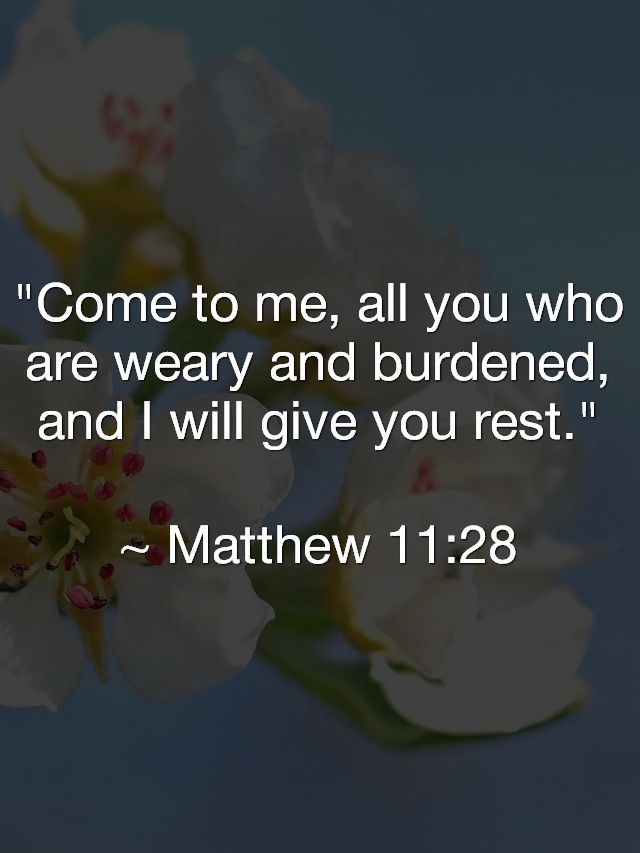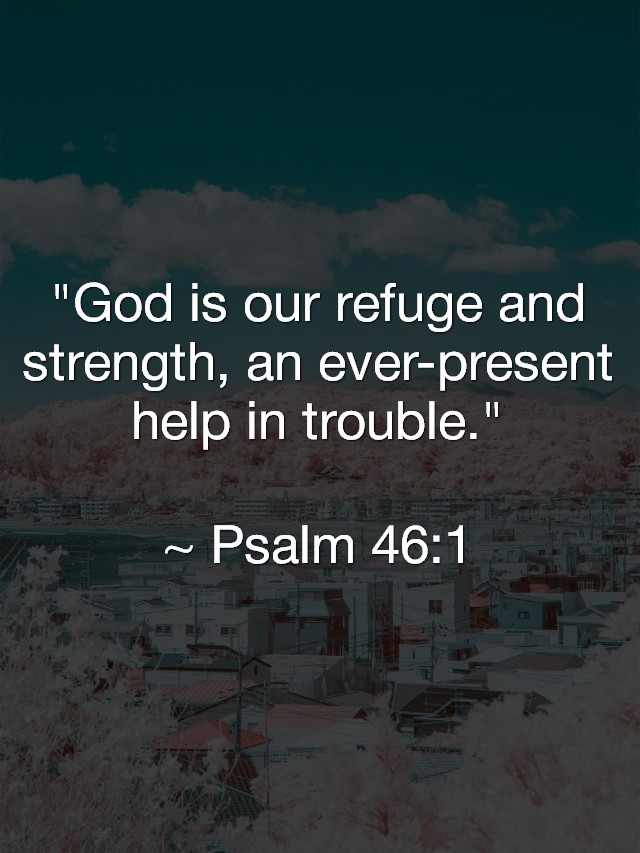Addiction is a devastating force that can transform the people we love into strangers. It can shatter families, break hearts, and leave us grappling with feelings of guilt, anger, and profound loss. As Christians, we are called to love and support those in need, but there comes a time when we must recognize that our efforts alone cannot save someone from the grip of addiction. This article aims to provide guidance and comfort to those facing the heart-wrenching decision to let go of a loved one who has been consumed by addiction.
The story shared is a poignant reminder of the harsh realities of addiction. The transformation of a once-loving partner into someone unrecognizable is a painful journey. The signs of addiction—secrecy, mood swings, violence, and neglect—are clear indicators that the person you once knew is no longer present. It is crucial to acknowledge this reality, no matter how difficult it may be.
The Impact on Children
Children are often the silent victims of addiction. The confusion, fear, and anger expressed by the eight-year-old in the story highlight the emotional turmoil that children endure. The younger children’s desperate search for their father and their fear of abandonment further underscore the profound impact of addiction on a family. As parents, our primary responsibility is to protect and nurture our children, even if it means making the painful decision to distance them from a harmful environment.
The Christian Response
1. Prayer and Surrender
Prayer is a powerful tool in the Christian faith. It is essential to pray for strength, guidance, and healing for both yourself and your loved one. Surrendering the situation to God can bring a sense of peace and trust in His plan. As Judith MacNutt emphasizes, the power of the Holy Spirit is the solution to the struggle with sin and addiction.
2. Setting Boundaries
Setting healthy boundaries is crucial. This means protecting yourself and your children from further harm. It is not unloving to set boundaries; rather, it is an act of self-preservation and care for your family. As Leah Grey suggests, setting boundaries helps prevent enabling addictive behaviors and allows you to maintain your own well-being.
3. Seeking Support
You do not have to go through this alone. Seek support from your church community, Christian counselors, and support groups like Al-Anon. These resources can provide the emotional and spiritual support you need to navigate this challenging time. Julie Sanford highlights the importance of leaning on your faith and finding solace in Scripture.
4. Detachment with Love
Detachment does not mean abandoning your loved one; it means recognizing that you cannot control their actions or choices. As the FamilyLife article explains, genuine detachment involves allowing your loved one to face the consequences of their actions while focusing on your own spiritual and emotional health.
Moving Forward
Letting go of a loved one lost to addiction is not a sign of failure or lack of love. It is an acknowledgment that their journey is beyond your control and that your primary responsibility is to protect and care for yourself and your children. Remember the words of Romans 7:24-25: “What a wretched man I am! Who will rescue me from this body that is subject to death? Thanks be to God, who delivers me through Jesus Christ our Lord!”. Trust in God’s plan and lean on your faith for strength and guidance.
The journey of loving someone with an addiction is fraught with pain and heartache. However, by recognizing the reality of the situation, setting healthy boundaries, seeking support, and detaching with love, you can find a path forward. Trust in God’s grace and know that you are not alone. Your faith community, counselors, and support groups are there to help you through this difficult time. Remember, letting go does not mean giving up; it means entrusting your loved one to God’s care and focusing on the well-being of yourself and your children.



